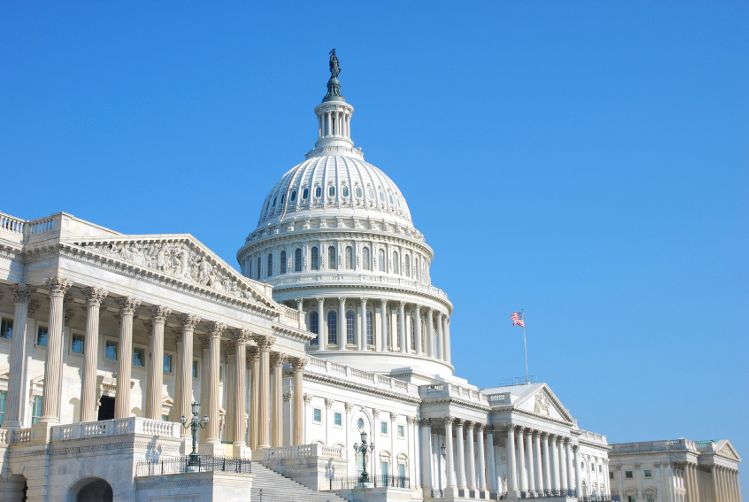Senate Committee has released the text of 2024 Farm Bill, with changes to hemp regulations
The U.S. Senate Committee on Agriculture, Nutrition, & Forestry has introduced the Rural Prosperity and Food Security Act, which will serve as the Senate’s draft for the 2024 Farm Bill.
Photo © iStockphoto.com/uschools

The U.S. Senate Committee on Agriculture, Nutrition, & Forestry has introduced the Rural Prosperity and Food Security Act, which will serve as the Senate’s draft for the 2024 Farm Bill. The bill sets forth new regulations for the cultivation and harvesting of hemp. In one notable change, the new bill revises the definition of hemp. While hemp since the 2018 Farm Bill has been defined as Cannabis sativa L. containing no more than 0.3 percent delta-9 THC by dry weight, the new bill strikes “delta-9” and applies the limit of 0.3 percentage by dry weight to “total THC.”
This means regulators will make no distinction between the different types of THC in the plant. This decision may close the so-called “loopholes” that relate to minor cannabinoids such as delta-8 THC, which have been making their way into food and beverage products throughout the country. A number of states have taken matters into their own hands, many outright banning products containing intoxicating hemp cannabinoids such as delta-8 THC. This revision will most likely make hemp farming and processing more difficult as well since it creates a higher standard for THC limits.
What may help compliance is the proposed Certified Seed Pilot Program in the bill, in which, “The Secretary may, in up to 5 States or Indian tribes, establish a pilot program under which the State department of agriculture of a selected State, or the equivalent Tribal government agency, may certify genetic purity…and identity as to variety…of varieties of seeds that have been bred to produce plants with a total tetrahydrocannabinol concentration (including tetrahydrocannabinolic acid) of not more than 0.3 percent on a dry weight basis.”
The new bill would also create a separate definition for Industrial Hemp and different licensing schemes for producers of industrial hemp. The definition of industrial hemp used in the bill is:
“the plant Cannabis sativa L. if the harvested material—
(A) is only—
(i) the stalks of that plant, fiber produced from those stalks, or any other manufactured product, derivative, mixture, or preparation of those stalks (except cannabinoid resin extracted from those stalks);
(ii) whole grain, oil, cake, nut, hull, or any other compound, manufactured product, derivative, mixture, or preparation of the seeds of that plant (except cannabinoid resin extracted from the seeds of that plant); or
(iii) viable seeds of that plant produced solely for production or manufacture of any material described in clause (i) or
(ii); and
(B) will not be used in the manufacturing or synthesis of natural or synthetic cannabinoid products.’’
With the separate definition for industrial hemp, there is a separate license for industrial hemp in which producers are not required to undergo a background check when applying for the license. There are also relaxed regulatory requirements for testing compliance of industrial hemp products.
The full bill can be read here.










